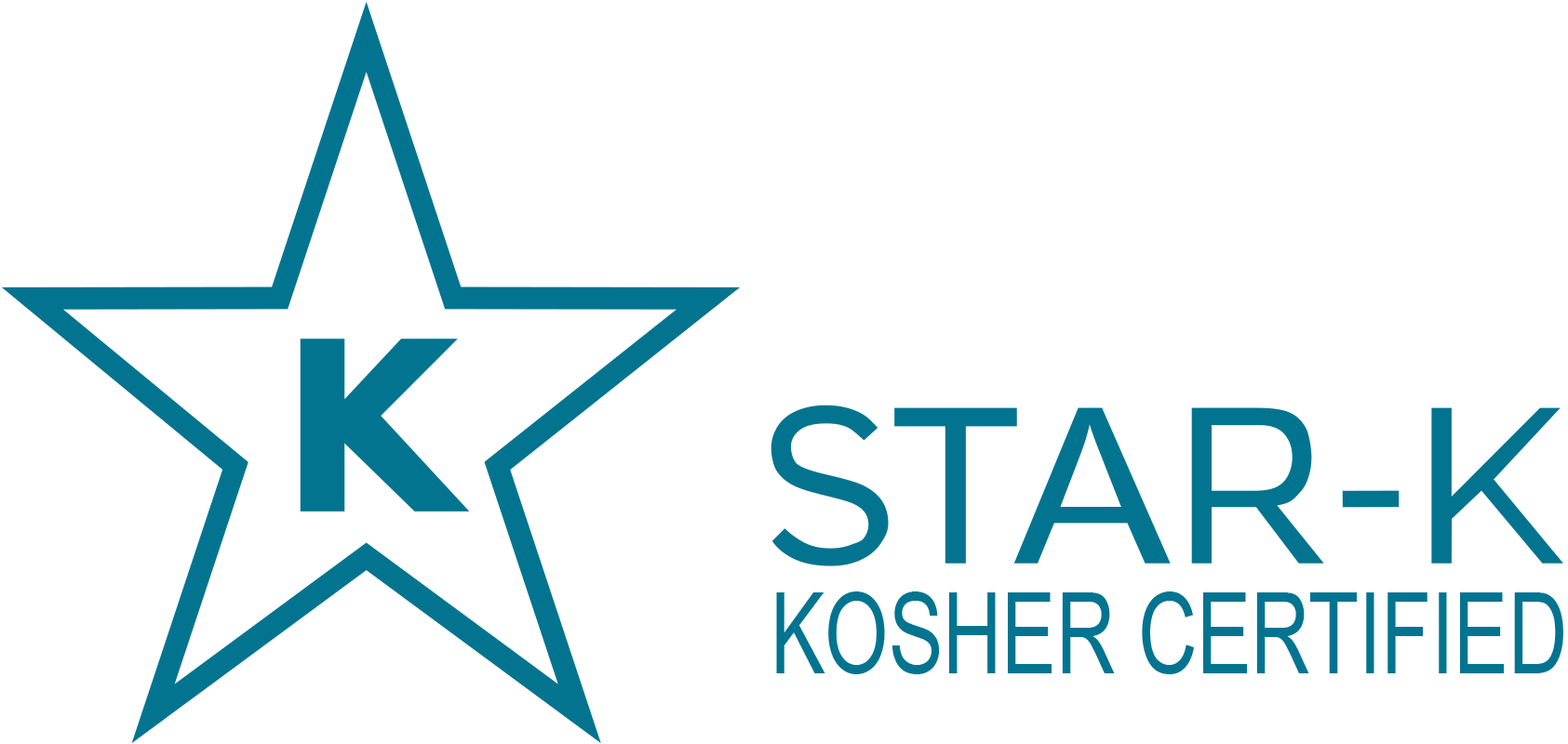Astrion® is a patented plant-based ingredient supporting firm, smooth, and hydrated skin through the internal production of collagen and hyaluronic acid
MECHANISM OF ACTION

SKIN HEALTH BENEFITS
- Support collagen and hyaluronic acid levels in skin cells*
- Support glucosamine and proline absorption in skin cells*
- Reduction in the appearance of wrinkles and age spots in human study*
ASTRION® INCREASES COLLAGEN AND HYALURONIC ACID IN HUMAN SKIN CELLS
HOW ASTRION® WORKS
Astrion® helps to increase skin cells’ ability to produce more pro-collagen and hyaluronic acid as well as reduce collagen breakdown in the cells. Studies in cultured cells demonstrated that Astrion® increased skin cells’ ability to produce more collagen and hyaluronic acid, improved proline and glucosamine absorption in dermal cells, and slowed the breakdown of collagen and elastin when compared to the control group. In a human study, Astrion® demonstrated a report of fewer wrinkles and melanin with 30 days of use.1, 2, 3, 4, 5
US Patent No. 7,959,952; TW Patent No. I362936; CN Patent No. 200710089586.3.


HALAL
Highly purified fractions extracted from Astragalus membranaceus (root) and
Centella asiatica (whole plant)
Clinical Dosage:
250mg
1. WL Chang, etc. The rejuvenating effects of astragalus membranaceus and centella asiatica saponins on human skin. J Biochem Biotech. Volume 4 issue 4, 2021.
2. Hong M.J. et al. Inhibitory effect of Astragalus membranaceus root on matrix
3. metalloproteinase-1 collagenase expression and procollagen destruction in ultraviolet B-irradiated human dermal fibroblasts by suppressing nuclear factor kappa-B activity. J Pharm Pharmacol. 2013; 65(1):142-8.
4. B Chen, etc. Astragaloside IV controls collagen reduction in photoaging skin. Molecular medicine reports 11: 3344-3348, 2015.
5. Lee J et al. Asiaticoside induces human collagen I synthesis through TGFbeta receptor I kinase (TbetaRI kinase)- independent Smad signaling. Planta Med 2006; 72: 324-328.
6. A Shukla, etc. In vitro and in vivo wound healing activity of asiaticoside isolated from Centella asiatica. Journal of Ethnopharmacology 65 (1999) 1–11.
*These statements have not been evaluated by the Food and Drug Administration. This product is not intended to diagnose, treat, cure or prevent any disease.